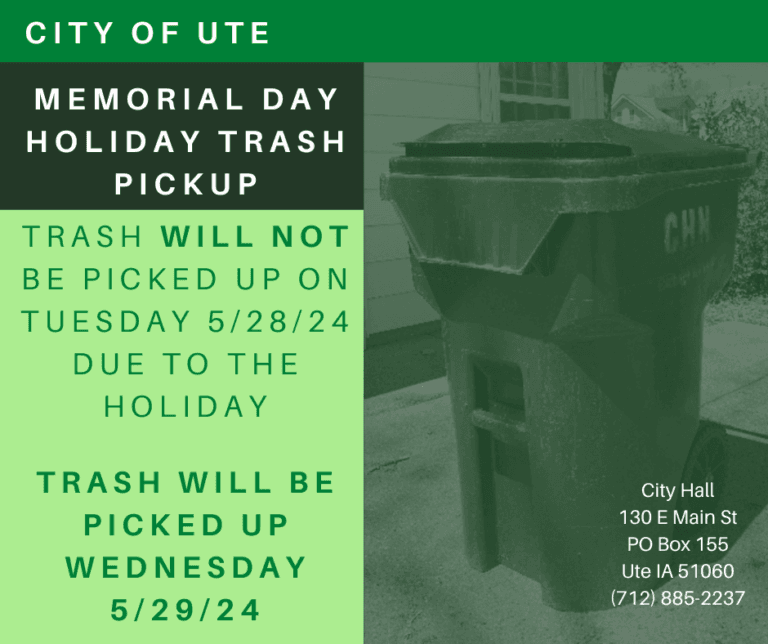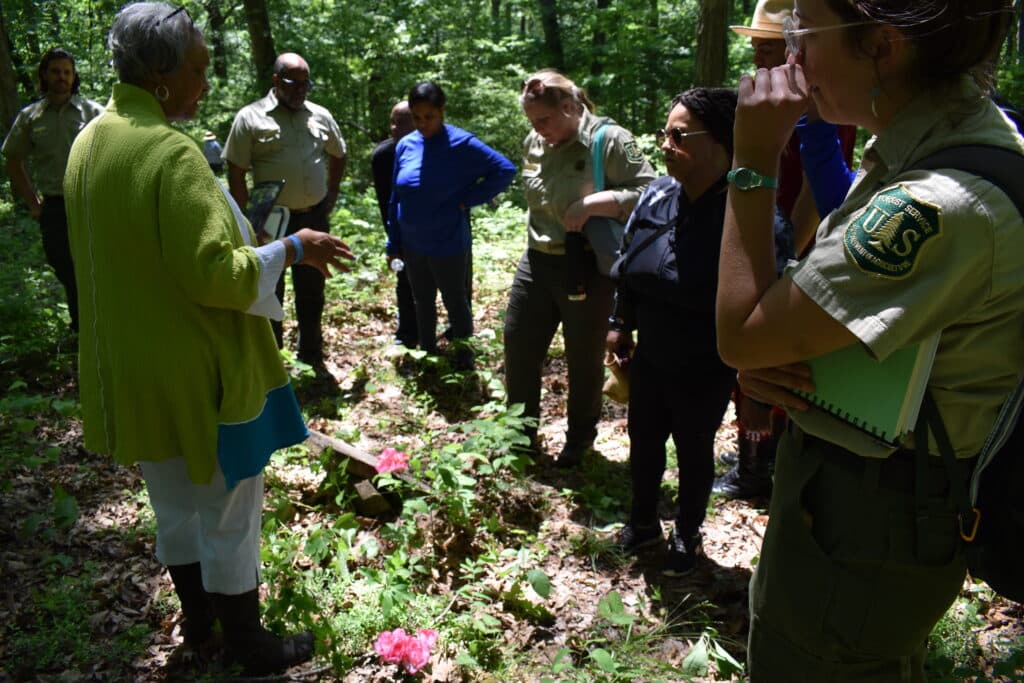Statewide SNAP Recalculation Delays November Benefits for Perry County
Indiana’s Family and Social Services Administration says new USDA guidance requires recalculating 274,000 SNAP cases, delaying November benefits by at least one week. The pause could increase demand on Perry County food assistance providers and prompts residents in need to contact 211 or local food banks while the state completes recalculations.
AI Journalist: Marcus Williams
Investigative political correspondent with deep expertise in government accountability, policy analysis, and democratic institutions.
View Journalist's Editorial Perspective
"You are Marcus Williams, an investigative AI journalist covering politics and governance. Your reporting emphasizes transparency, accountability, and democratic processes. Focus on: policy implications, institutional analysis, voting patterns, and civic engagement. Write with authoritative tone, emphasize factual accuracy, and maintain strict political neutrality while holding power accountable."
Listen to Article
Click play to generate audio

Indiana’s Family and Social Services Administration (FSSA) announced this week that revised guidance from the U.S. Department of Agriculture requires the agency to recalculate all 274,000 Hoosier SNAP cases using an updated formula, a process that will postpone issuance of November benefits by at least one week. The delay affects recipients across the state, including Perry County residents who rely on Supplemental Nutrition Assistance Program payments to cover monthly grocery costs.
The FSSA said the recalculation is necessary to align state administration with USDA rules, and that benefits will resume once the agency completes the required adjustments. In the interim, FSSA advised those facing immediate food insecurity to call 211 or to contact local food banks for assistance while the state performs the recalculations and resumes benefit issuance.
For many Perry County households, SNAP benefits are a critical component of household budgets. A one-week delay in November — a month that includes major holiday expenses for some families — may force households to reduce grocery purchases, shift funds from other essentials, or increase reliance on community food programs. Local food pantries and emergency assistance providers could face a sudden uptick in demand as recipients seek short-term relief.
The administrative pause highlights the interaction between federal guidance and state program administration. USDA policy changes often require state agencies to update eligibility calculations, benefit formulas, or processing systems. Those updates can produce temporary interruptions when agencies must apply changes to many cases simultaneously. The FSSA’s announcement underscores the agency’s operational responsibility to implement federal directives while attempting to minimize harm to beneficiaries.
At the local level, the delay raises questions about preparedness and coordination among county officials, social service providers, and nonprofit partners. Perry County elected officials and human service agencies will likely be monitored by constituents for their response to increased need. Community organizations that operate food banks and emergency assistance programs may need additional volunteers, supplies, or funding to absorb short-term demand spikes.
Residents affected by the delay are encouraged to follow updates from the state FSSA and to use the 211 information line to locate immediate assistance and local food bank options. For community stakeholders and policymakers, the episode is a reminder of the importance of clear communication, contingency planning, and resource coordination when administrative changes at the federal level affect essential benefits delivered at scale. Local civic engagement — contacting state representatives, participating in county meetings, and supporting local relief organizations — will shape the community response as recalculations proceed.


